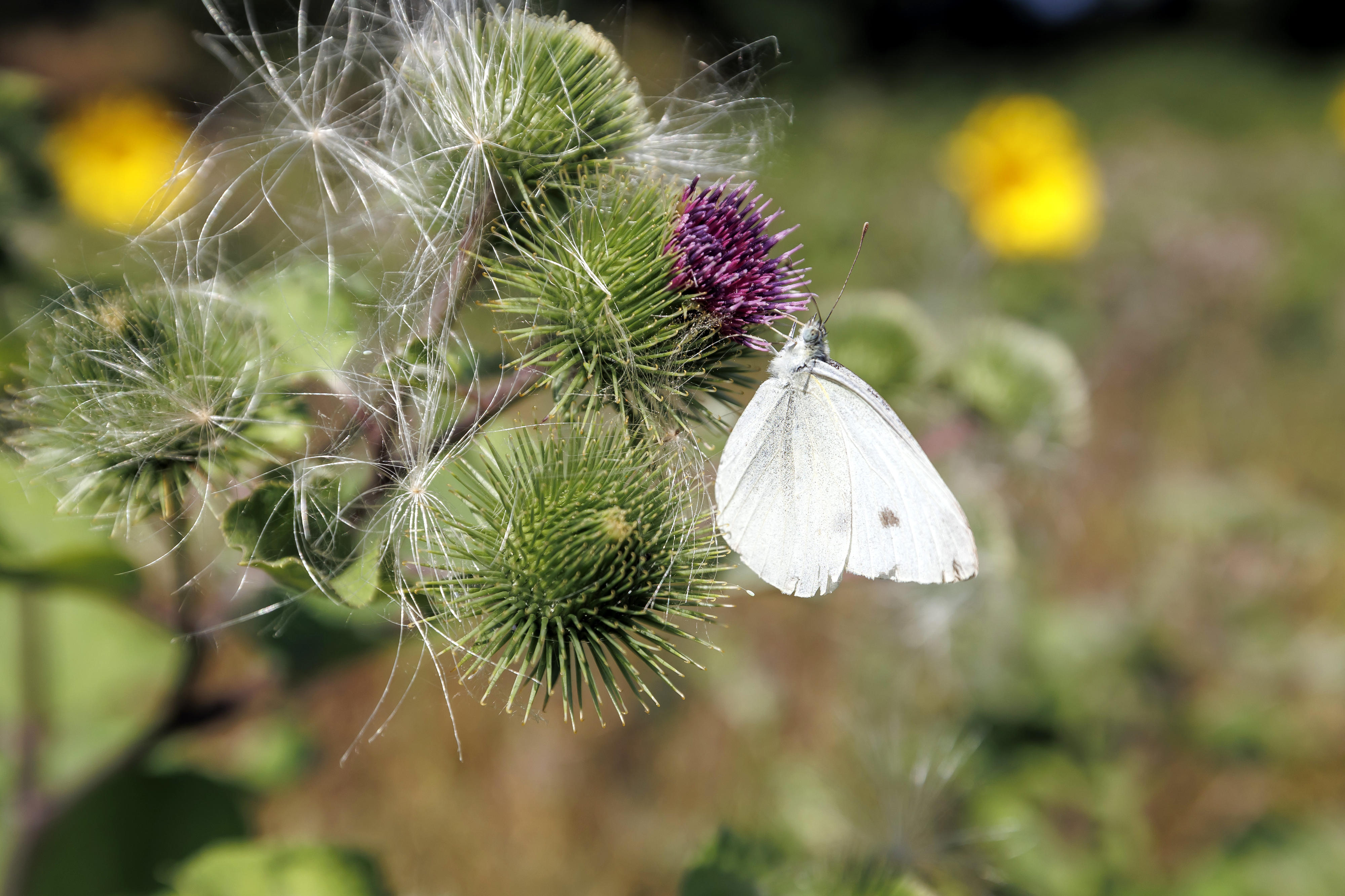COP15 in Montreal 15th Conference of the Parties to the Convention on Biological Diversity creates strong new basis for global efforts to combat destruction of nature and biodiversity loss
German Federal Development Minister Svenja Schulze said, “With the agreement reached in Montreal the international community has created a strong new basis on which we can now build together. Conserving our natural resource base is a task that can only really be addressed in partnership. The most important part now is implementation at the national level – and mutual support for these efforts. Over the next few years, Germany will double its international commitments for nature conservation. The Development Ministry will now consult with its partners to determine where we can work together and do more to conserve biodiversity and ecosystems. Because development opportunities for people everywhere in the world also depend very much on biological diversity. Nature conservation efforts are only successful when people are part of the picture. That is why another important outcome of the conference in Montreal is that new efforts will be made to specifically strengthen and support indigenous peoples and local communities as an important part of the solution.”
The German Federal Development Ministry’s State Secretary Jochen Flasbarth had been asked by the Chinese COP15 Presidency to take on a mediating role as facilitator together with Rwanda’s Environment Minister Jeanne d’Arc Mujawamariya. The two of them brokered a solution for the difficult issue of mobilising resources that brought together the initially widely diverging goals of the industrialised countries on the one side and the developing countries and emerging economies on the other. For the question of who should bear the costs for the conservation and restoration of ecosystems and for protecting biodiversity had been threatening to scupper the conference right up to the last minute. The tough negotiations have now culminated in an agreement.
Jochen Flasbarth said, “It is intended that a new global biodiversity fund within the existing Global Environment Facility (GEF) will support the realisation of the new goals up to 2030. As the biggest donor to the GEF, Germany will push for the new fund to be set up quickly and will support both improved access to funding and the mobilisation of private capital. It is explicitly mentioned that, in addition to the private sector and industrialised countries, other countries which are able to afford it can also make contributions. This is an important step for sharing the costs of global ambitious nature conservation across more shoulders.”
Important outcomes for development policy
Ambitious protection targets – with good management, jointly with local populations and indigenous peoples
The agreement that has been reached envisages that at least 30 per cent of all the world’s land and oceans will be protected by 2030 – whilst upholding the rights of indigenous peoples and local communities. Because it is a fact that, in places where indigenous peoples live and their rights are upheld, the natural environment is in a better state and there is less forest destruction. The quality of the protection is a deciding factor: besides involving indigenous people and local communities, it is also important to have good management of protected areas. For example, enough rangers must be employed and sustainable use of the resources must also still be possible. These factors are taken into account in the global framework that has been agreed in Montreal. The German government had already made a pledge in Montreal to support measures for strengthening indigenous peoples and local communities with around 85 million euros.
More funding for the global protection of species and ecosystems
One outcome of Montreal is that the industrialised countries will make substantial contributions to protecting biological diversity in developing and emerging countries. International funding for nature conservation in developing countries is to be increased to 20 billion US dollars a year by 2025 and 30 billion US dollars by 2030. According to the OECD, public funding for biodiversity in 2020 amounted to 10 billion US dollars. In order to be able to ensure that funding is quickly available for achieving the new goals, a biodiversity fund is to be set up as part of the Global Environment Facility.
During the General Assembly of the United Nations back in September, Federal Chancellor Olaf Scholz already announced that, starting in 2025, Germany will double its funding for international biodiversity conservation to 1.5 billion euros a year. Now this commitment needs to be converted into action with specifically agreed measures, especially in the BMZ’s partner countries, and the necessary budget funds must be mobilised. The BMZ is the Ministry responsible for translating around 80 per cent of the German funding that is spent on the global conservation of species and ecosystems into actual projects.
In order to achieve the global goal that has likewise been agreed of mobilising 200 billion US dollars a year for all measures that are relevant for biodiversity in all countries by 2030, other sources will be needed, such as the private sector – and also funding for biodiversity conservation from the national budgets of developing countries and emerging economies.
Supporting partner governments’ concrete implementation efforts
Together with Colombia and other countries, Germany launched an initiative at the biodiversity conference in Montreal to support developing countries in quickly implementing their national biodiversity strategies and action plans which have been adjusted in line with the new global biodiversity goals. The German government is making a total of 29 million euros available for this. The BMZ’s share of 9 million euros will be used for measures in selected developing countries. The focus of these packages of measures will be the national implementation of updated biodiversity strategies, knowledge transfer and South-South exchange; indigenous peoples and local communities will be involved in their realisation.




